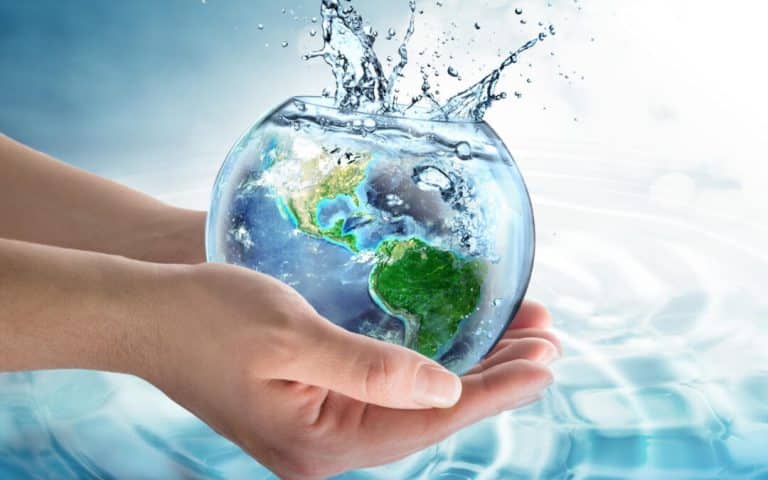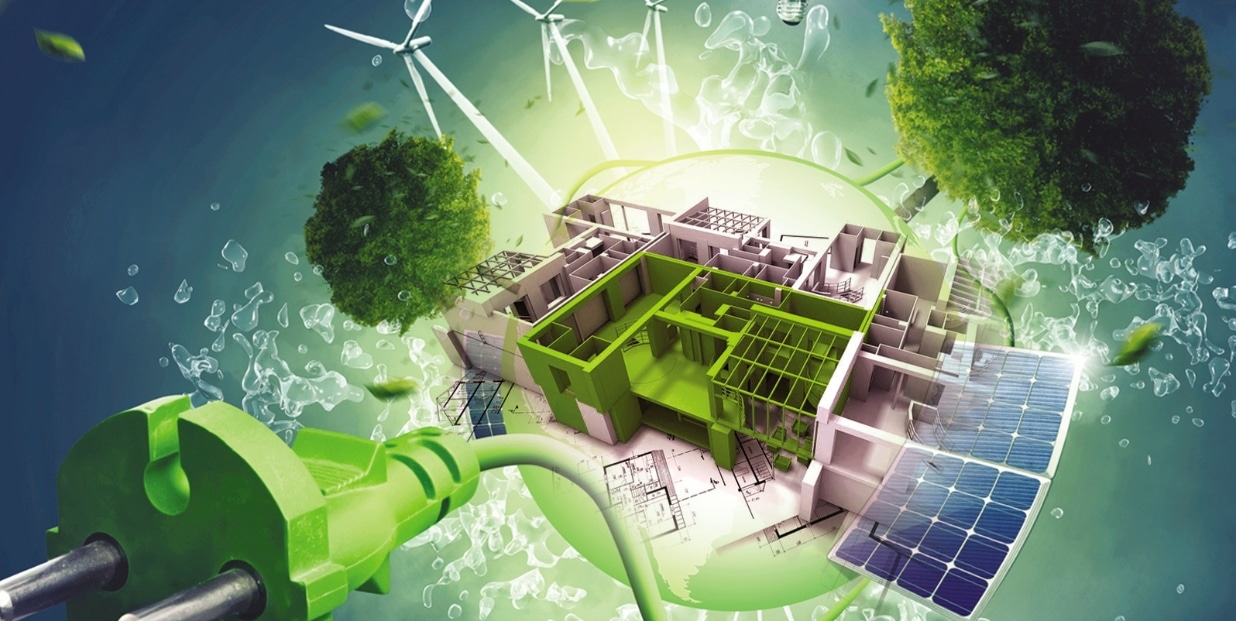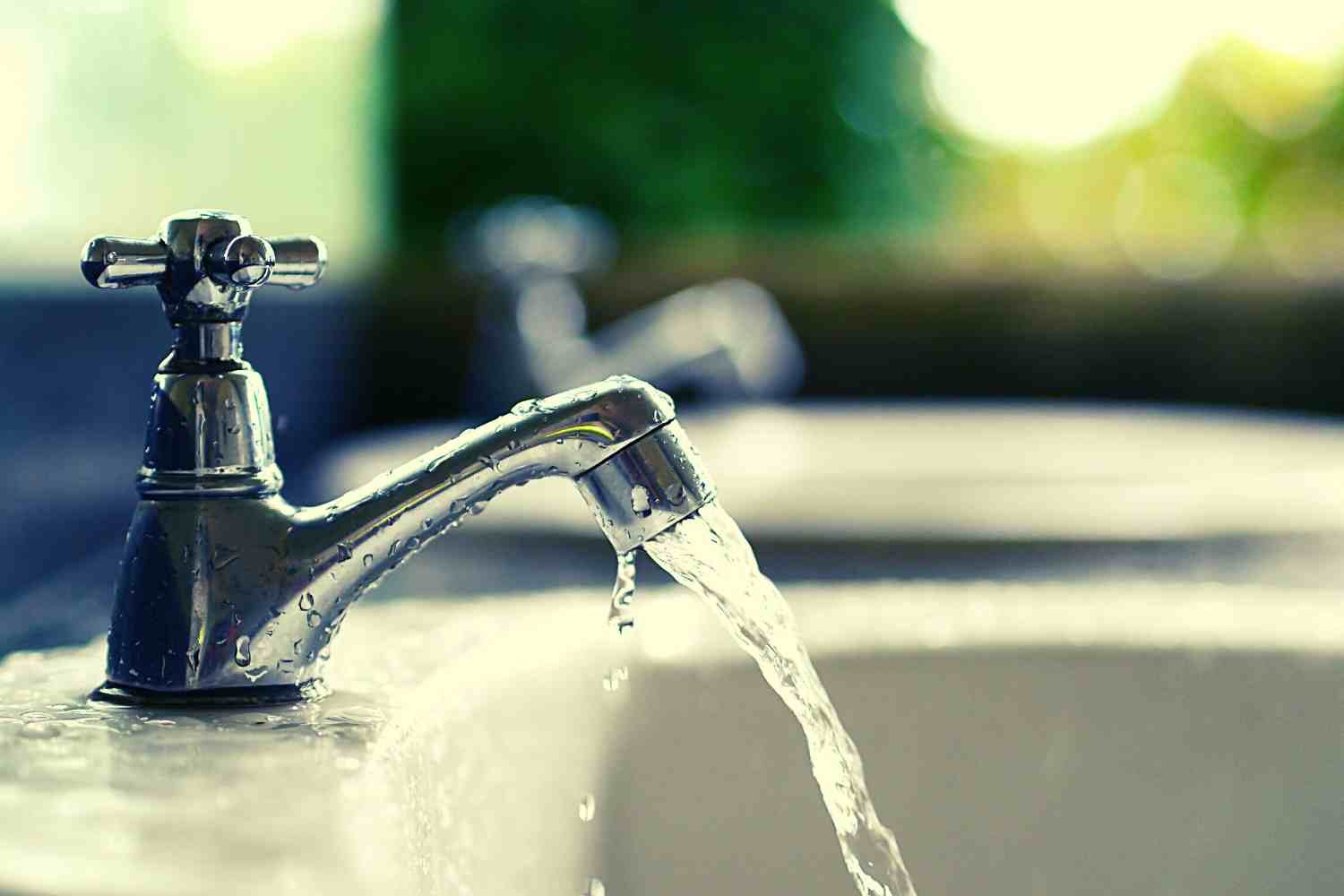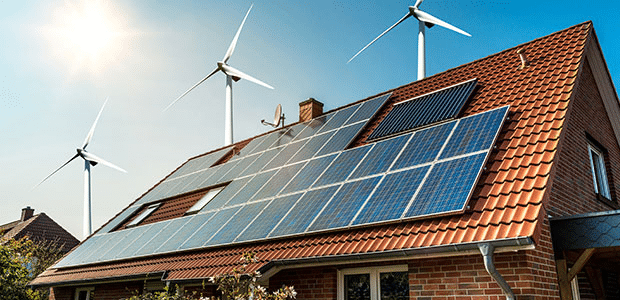In recent years, there’s been a significant shift toward more sustainable and environmentally conscious living. From recycling programs to electric vehicles, people are actively seeking ways to reduce their environmental impact.
One such shift that has gained popularity in the world of home appliances is the move from traditional water heaters to tankless water heaters. These systems, often heralded for their efficiency and cost-effectiveness, also offer numerous environmental benefits.
In this article, we’ll explore the various ways that tankless water heaters contribute to a greener planet.
Energy Efficiency: The Heart of Sustainability
The primary environmental benefit of Tankless Water Heater Installation is their energy efficiency. Traditional water heaters store hot water in large tanks, continually heating and reheating it to maintain a constant temperature. This process consumes significant amounts of energy, even when hot water isn’t being used.
In contrast, tankless water heaters only heat water on demand. When you turn on the hot water tap, the system instantly heats the water as it flows through the unit. This “on-demand” approach drastically reduces energy waste, resulting in lower utility bills and a smaller carbon footprint.
According to the U.S. Department of Energy, tankless water heaters can be 24% to 34% more energy-efficient than traditional storage tank water heaters for households that use 41 gallons or less of hot water daily. For larger households, they can be 8% to 14% more efficient. This increase in energy efficiency translates into less energy consumption, reducing greenhouse gas emissions.
Reduced Water Waste
Traditional water heaters often lead to water waste. Think about how long it takes for hot water to reach your shower or sink in the morning. During that waiting time, you’re essentially pouring gallons of water down the drain. Tankless water heaters help minimize this waste by heating water instantly, providing hot water without the need to wait.
With a tankless system, you can get hot water on demand, reducing the time it takes for the water to reach your desired temperature. This leads to less water being wasted, contributing to water conservation efforts.
Longer Lifespan, Less Waste
Another key environmental benefit of tankless water heaters is their longer lifespan. Traditional water heaters typically last 10 to 15 years, while tankless systems can last 20 years or more with proper maintenance. This extended lifespan means fewer water heaters end up in landfills, reducing waste and the environmental impact associated with manufacturing and disposing of these large appliances.
When a traditional water heater reaches the end of its life, it often involves a significant amount of metal and other materials that must be recycled or discarded. With tankless water heaters lasting twice as long, there’s a reduction in the need for replacements, leading to fewer resources consumed in the manufacturing process and less waste generated.
Lower Carbon Footprint
The combined benefits of energy efficiency, reduced water waste, and a longer lifespan contribute to a lower carbon footprint for tankless water heaters. By using less energy and reducing waste, these systems help decrease the overall carbon emissions associated with heating water in your home.
Furthermore, many tankless water heaters are designed to work with renewable energy sources, such as solar power. This compatibility with clean energy further reduces their environmental impact. By choosing a tankless water heater, you’re taking a step toward a more sustainable lifestyle and reducing your reliance on fossil fuels.
The Role of Professional Installation
While tankless water heaters offer numerous environmental benefits, proper installation is crucial to ensuring they operate at peak efficiency. This is where professional services like southernplumbingworks.com come into play.
With their expertise in tankless technology, they can ensure your system is installed correctly, optimizing its efficiency and environmental benefits. Professional installation also helps avoid common pitfalls, such as incorrect sizing or improper venting, which can impact performance and safety.
Conclusion
Tankless water heaters represent a significant step toward more sustainable and environmentally friendly home appliances. Their energy efficiency, reduced water waste, longer lifespan, and lower carbon footprint make them an attractive choice for eco-conscious homeowners.
By choosing a tankless water heater and having it professionally installed, you can enjoy these benefits while contributing to a greener planet. As we continue to seek ways to reduce our environmental impact, adopting technologies like tankless water heaters is a practical and impactful choice.












